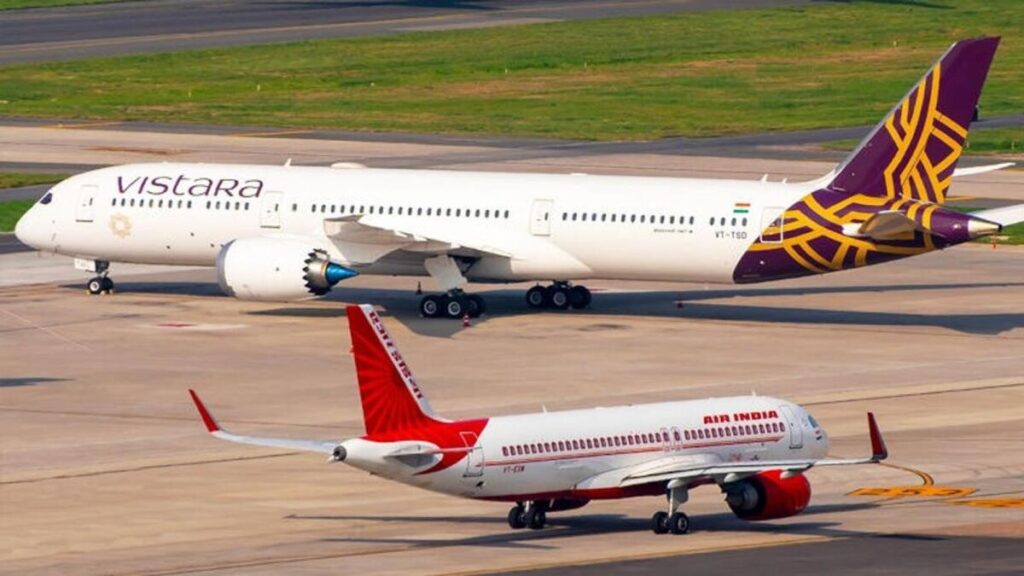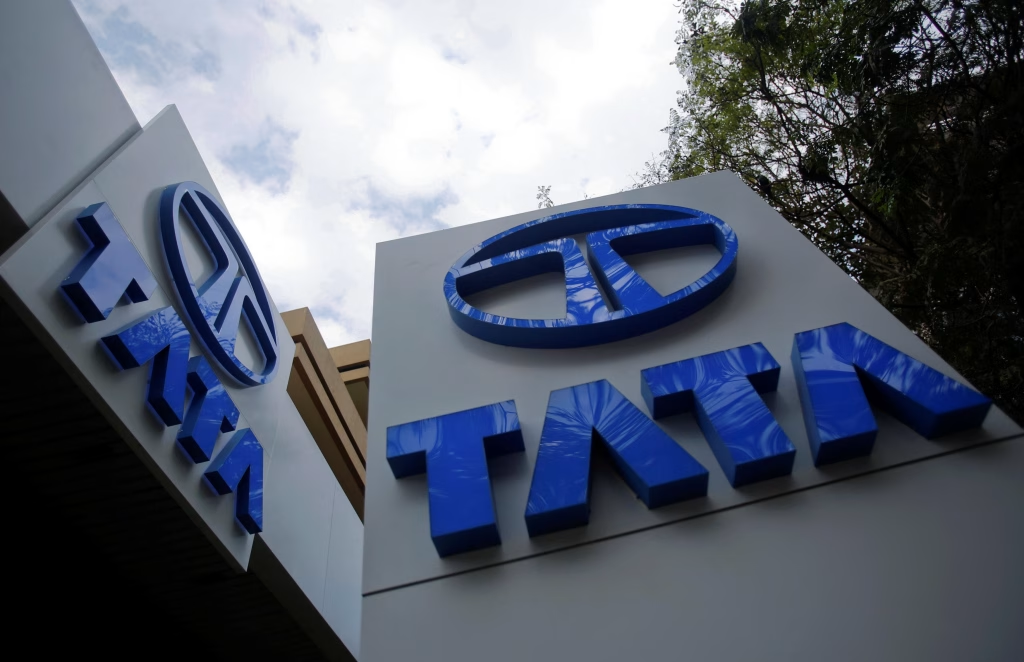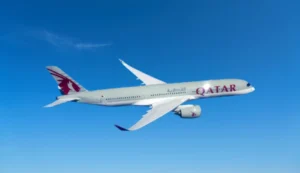Tata to Retain Air India Leadership After Vistara Merger
In a move to ensure stability, the Tata Group will retain Air India’s current top management after the merger with Vistara. This decision comes as the conglomerate seeks to streamline its airline business in India.

Photo Source: Live from a Lounge
The Tata Group, following its acquisition of Air India and the upcoming merger with Vistara Airlines, has made a strategic decision to retain Air India’s current leadership team. This move prioritizes stability and continuity during the crucial integration process, aiming for a smooth consolidation of the airlines’ operations.
Campbell Wilson, the current CEO of Air India, will continue to lead the merged entity. His experience and leadership will be invaluable in navigating the complexities of merging two major airlines. Nipun Aggarwal and Sanjay Sharma will also retain their positions as Chief Commercial and Transformation Officer and Chief Financial Officer, respectively. Their expertise will be crucial in streamlining operations, maximizing efficiency, and driving commercial growth for the combined airline.
This decision signifies the Tata Group’s commitment to a well-orchestrated integration process. Retaining Air India’s seasoned management team ensures institutional knowledge and established relationships within the aviation industry are leveraged effectively. This continuity minimizes potential disruptions and fosters a smoother transition for employees of both airlines.
While Vistara CEO Vinod Kannan is expected to return to his parent company, Singapore Airlines, some key personnel from Vistara, like Deepak Rajawat, the Chief Commercial Officer, are likely to join the merged entity. This strategic selection ensures a blend of talent and expertise from both airlines, fostering a collaborative environment for future growth.

The merger presents an opportunity to eliminate redundancies across various departments. While some positions within the merged airline may be affected, the Tata Group has been actively recruiting talent from other group companies and startups to bolster Air India’s workforce. This targeted recruitment strategy aims to revitalize Air India and position it for success in the competitive Indian aviation market.
The financial implications of the merger are significant. The Tata Group aims to leverage synergies between the two airlines to achieve greater operational efficiency and profitability. This focus on cost optimization is crucial considering the financial challenges faced by Air India prior to its acquisition.






